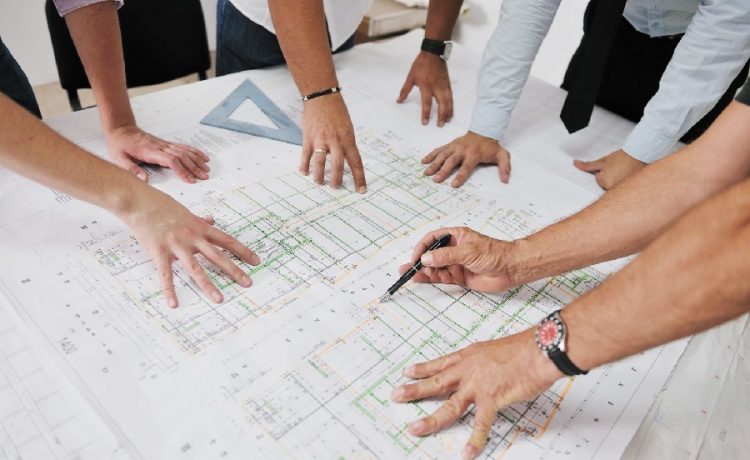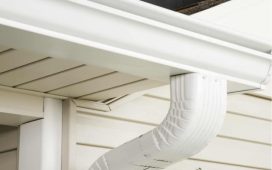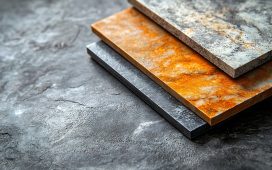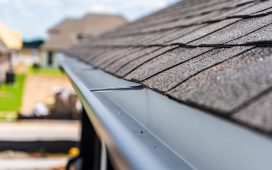An HVAC designer is an engineer who designs HVAC systems at myairtoday. They need strong math skills, the ability to use computer-aided design software, and an understanding of building codes. In addition, they must be proficient in reading blueprints and building codes. An HVAC designer makes a good salary. A job in this field requires a strong background in mechanical and electrical engineering.
Mechanical engineering
An HVAC designer is an engineer who specializes in heating, ventilation, and air-conditioning (HVAC) systems. This career field requires a bachelor’s degree in mechanical engineering or another related field. An ABET-accredited program may be an excellent choice for those interested in this field. Coursework typically includes solid mechanics, thermodynamics, design and manufacturing, and heat transfer. A student may also choose a certificate program that focuses on HVAC design.
An HVAC engineer’s work is crucial for the building industry. They help ensure that HVAC systems are installed properly and are functioning efficiently. They also design and supervise the installation of HVAC systems. An HVAC engineer will consider factors such as the square footage of a building, hours used each day, and energy costs.
HVAC design engineer
HVAC design engineers play an important role in the design process for HVAC systems. They develop design concepts, perform heat load calculations, and select the right equipment for a building. They also supervise construction activities on site and ensure that the HVAC system is built to meet the project’s deadlines. Other duties of HVAC design engineers include preparing Bill Of Quantities, ensuring that the HVAC system meets the customer’s specifications, and evaluating drafted dimensions.
An HVAC design engineer uses his/her education and training to create solutions for complex problems. He or she is well-versed in construction and design administration and specializes in laboratory and hospital HVAC systems. He or she has also completed LEED HAP or Trace 700 training, attended promotional meetings, and conducted field examinations.
Education required
There are two main educational paths that lead to this position. First, you need a bachelor’s degree in a related field. Many colleges offer degrees in HVAC technology and mechanical engineering, but you can also earn a master’s degree in mechanical engineering or another related field. Be sure to get your degree from an accredited institution, such as the Accreditation Board for Engineering and Technology (ABET). According to the BLS, the best career prospects are available for those who have advanced degrees in a related field, as well as those who have experience working with energy-efficient and environmentally-conscious building systems. Furthermore, a certified HVAC Designer will have better salary prospects than an uncertified individual.
HVAC design engineers must be knowledgeable about filtration technology in order to properly design systems that remove airborne contaminants from buildings. Furthermore, they must be able to communicate with building managers and owners in order to ensure a successful project. The relationship between HVAC designers and builders has become closer in recent years, and it is not uncommon for these professionals to work side by side from the beginning of a project to the completion of the project.
Salary
If you’re looking for a new job, you’re probably wondering what the average salary for an HVAC designer is. In the United States, a designer can earn from $63,379 to $76,717 per year. However, the salary for this job is largely dependent on location and years of experience.
In general, employers require a bachelor’s degree in mechanical engineering or an equivalent work experience. An HVAC design engineer should have a minimum of several years of experience before they are able to get a job. However, work experience can vary greatly among employers. Most employers also offer paid job training so that aspiring HVAC designers can learn all about company and industry standards and codes.



















